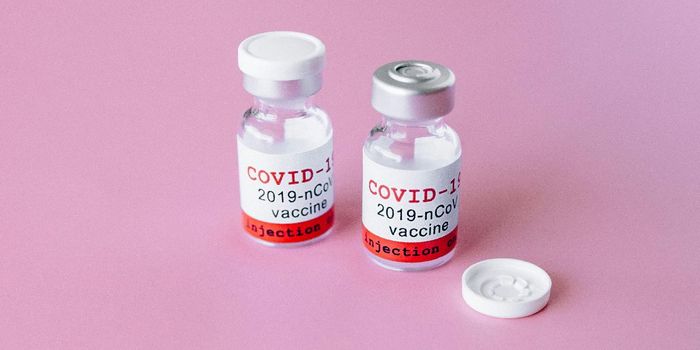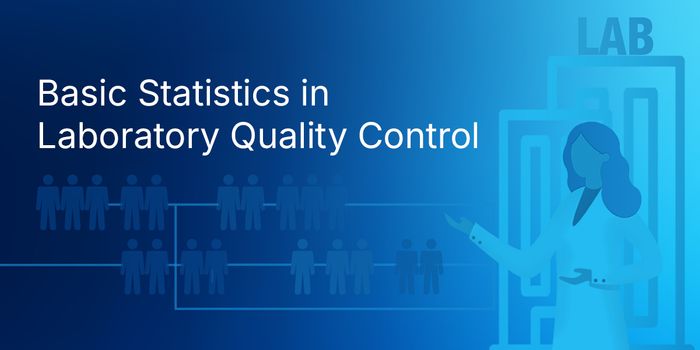Vitamin D is an essential micronutrient that must be obtained from the environment; the body does not make it on its own. Vitamin D can be absorbed from sun exposure, food, and sunlight, but a new long-term study of pregnant women and their children shows that getting vitamin D straight from a food source is largely more beneficial for developmental health than taking supplements.
Why would mothers want to provide their developing fetus with vitamin D? There are multiple reasons that vitamin D is needed:
- Calcium absorption during digestion
- Maintain bone health
- Modulation of cell growth
- Immune function (NIH)
The authors of the new study, published this week in
The Journal of Allergy and Clinical Immunology, focused on the role of vitamin D in stabilizing immune function. Scientists from the Icahn School of Medicine at Mount Sinai, led by Supinda Bunyavanich, MD, MPH, observed a group of 1248 pregnant women over time until their children were born and reached age seven, looking for a connection between food-based vitamin D consumption and decreased prevalence of hay fever, also known as seasonal allergic rhinitis, as a marker of children’s immune strength.
The results showed 20 percent less hay fever in children whose mothers consumed 100 International Units (IU) of vitamin D per day – about the amount in an 8-ounce cup of milk – while pregnant. However, this risk reduction was only present in children whose mothers ate and drank their vitamin D, not those who took a pill. Foods that are high in vitamin D include fish, eggs, dairy, mushrooms, and cereal.
During the study, the researchers tested the participants’ serum levels of 25(OH)D, also known as calcidiol (
Healthline). Why not directly test for vitamin D? Although vitamin D is definitely the right form needed to ingest, the body converts it into calcidiol during digestion. Therefore, testing for the “broken down” version of vitamin D is the best way to know how much nutrition from vitamin D the body is getting.
In addition to serum levels, the researchers also conducted “food frequency questionnaires.” Both the serum level tests and the food frequency information were collected from the pregnant mothers at different stages of their pregnancy as well as from their children as they aged. The researchers tested for hay fever with serum total immunoglobulin (Ig) E level and allergen sensitization in children when they were school-aged. IgE is a type of antibody released by the immune system during an allergic reaction (
American Academy of Allergy, Asthma, and Immunology).
Ultimately, the results of this study provide women the facts about where and why they should get vitamin D during pregnancy. Although the results showed a reasonable risk reduction for hay fever for children when the mother consumed enough food-based vitamin D during pregnancy, the results also showed no significant reduction in risk between children who consumed more or less food-based vitamin D themselves.
Bunyavanich said:
"Expectant mothers have questions about what they should eat during pregnancy, and our study shows that it's important to consider the source of nutrients in a mother's diet.”
Source:
Mount Sinai Hospital/Mount Sinai School of Medicine









